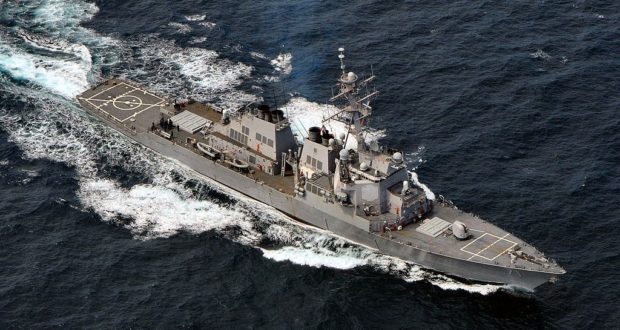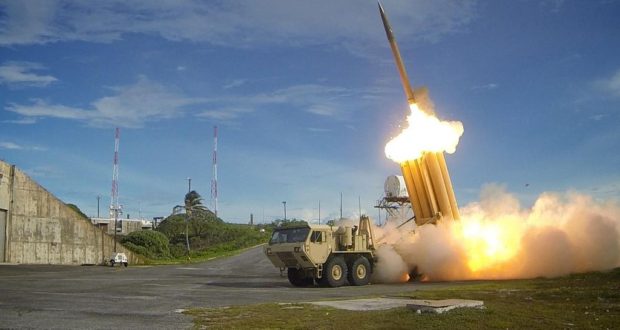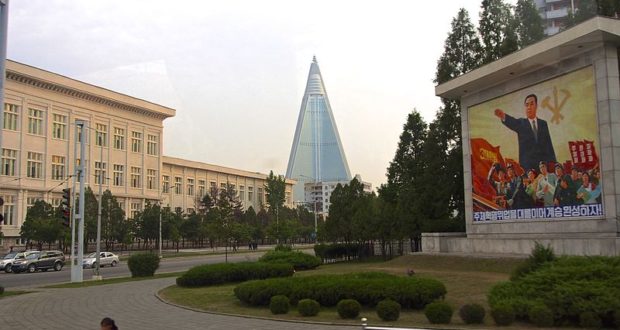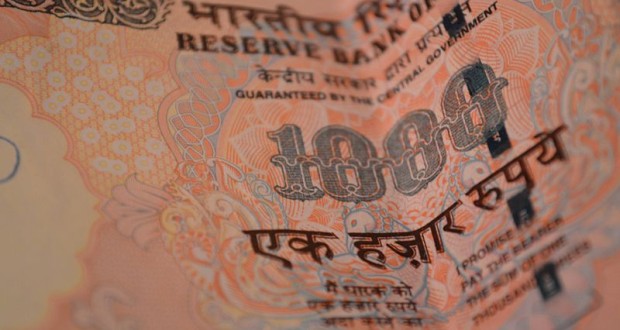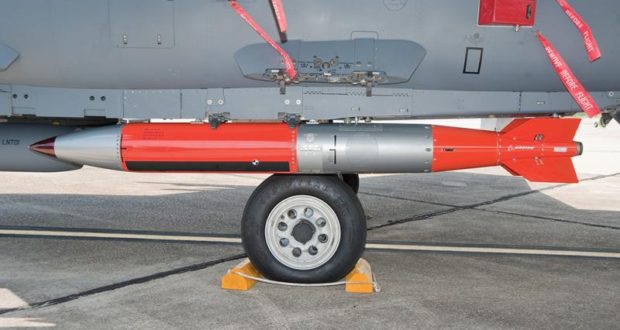Davis Florick
August 12, 2017
Asia and Pacific, Latest Articles, Security and Defence
China’s announced increase in its defense budget for 2017, only seven percent growth compared to double-digit increases over much of the last two decades, attests to the shifting landscape in Chinese defense strategy and force structure. It also reflects the domestic challenges the country faces.
Read More »
Davis Florick
July 8, 2017
Asia and Pacific, Latest Articles
The Xi Administration has presided over many policy changes while at the same time overseeing a major turnover throughout the Party and government. All the work that has gone into the last five years, and in some respects even longer, can be cemented with a successful 19th Party Congress.
Read More »
Rowan Allport
July 8, 2017
Asia and Pacific, Europe, Latest Articles, Security and Defence, The Americas
That there is a need to rebuild the US Navy is disputed by few in the mainstream. Initially at least, readiness needs to be prioritised by beginning to clear the many years of deferred maintenance that have undermined the fleet. But in the longer run, building up both numbers and capabilities matter.
Read More »
Davis Florick
June 18, 2017
Asia and Pacific, Latest Articles, Security and Defence
United States strategic bombing during the Korean War was a major factor in repeatedly checking communist advances. However, since the armistice, North Korea has assiduously incorporated rhetoric about the use of airpower in its anti-South Korean and anti-US propaganda.
Read More »
Davis Florick
April 9, 2017
Asia and Pacific, Europe, Latest Articles, Security and Defence
Over the past fifty years, the United States has increasingly focused on missile defense to deter threats against its strategic interests and those of its partners. Unfortunately, the acquisition and planning emphasis on defensive systems has resulted in a loss of attention to offensive capabilities.
Read More »
Davis Florick
March 11, 2017
Asia and Pacific, Global Governance and Human Rights, Latest Articles
For decades, Washington has made Pyongyang’s nuclear weapons program the focus of its attention. But broadening the focus of sanctions to include humanitarian abuses is appropriate given the horrendous conditions in North Korea.
Read More »
Davis Florick
January 7, 2017
Asia and Pacific, Latest Articles, Security and Defence
The recent agreement between Japan and South Korea to improve sharing of intelligence information marks an inflection point in bilateral relations. Brought together by Pyongyang’s belligerence, Seoul and Tokyo have found common ground and an impetus for more significant cooperation.
Read More »
Kalyani Subbiah
December 17, 2016
Asia and Pacific, Latest Articles, Security and Defence
India's campaign against fake currency is likely to have a significant short-term impact of terrorist funding, but only a more comprehensive approach can provide a long term solution.
Read More »
Davis Florick
December 10, 2016
Asia and Pacific, Latest Articles, Security and Defence
By gaining separation today, the US will be in a better position to negotiate with the Philippines from a position of strength tomorrow.
Read More »
Rowan Allport
November 19, 2016
Asia and Pacific, Europe, Latest Articles, Security and Defence
Facing a $1 trillion bill to recapitalise its nuclear triad, the US should now seek to assess the purpose for which it is sustaining its nuclear force not just in the context of symbolism, but for the practical value it can provide to the defence of its interests.
Read More »
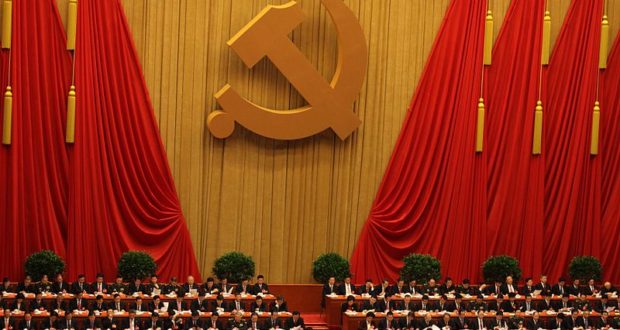
 Human Security Centre Human Rights and International Security Research
Human Security Centre Human Rights and International Security Research
